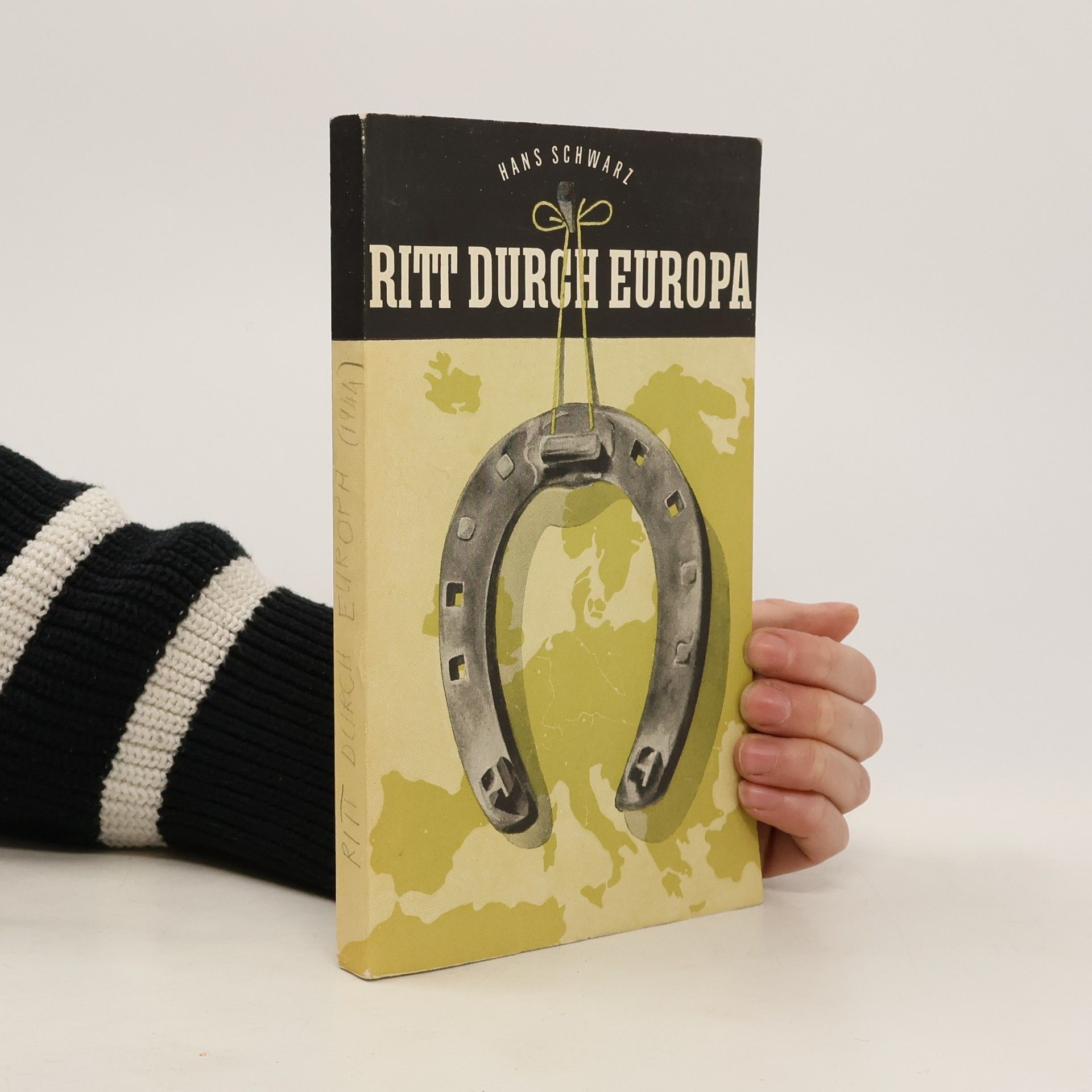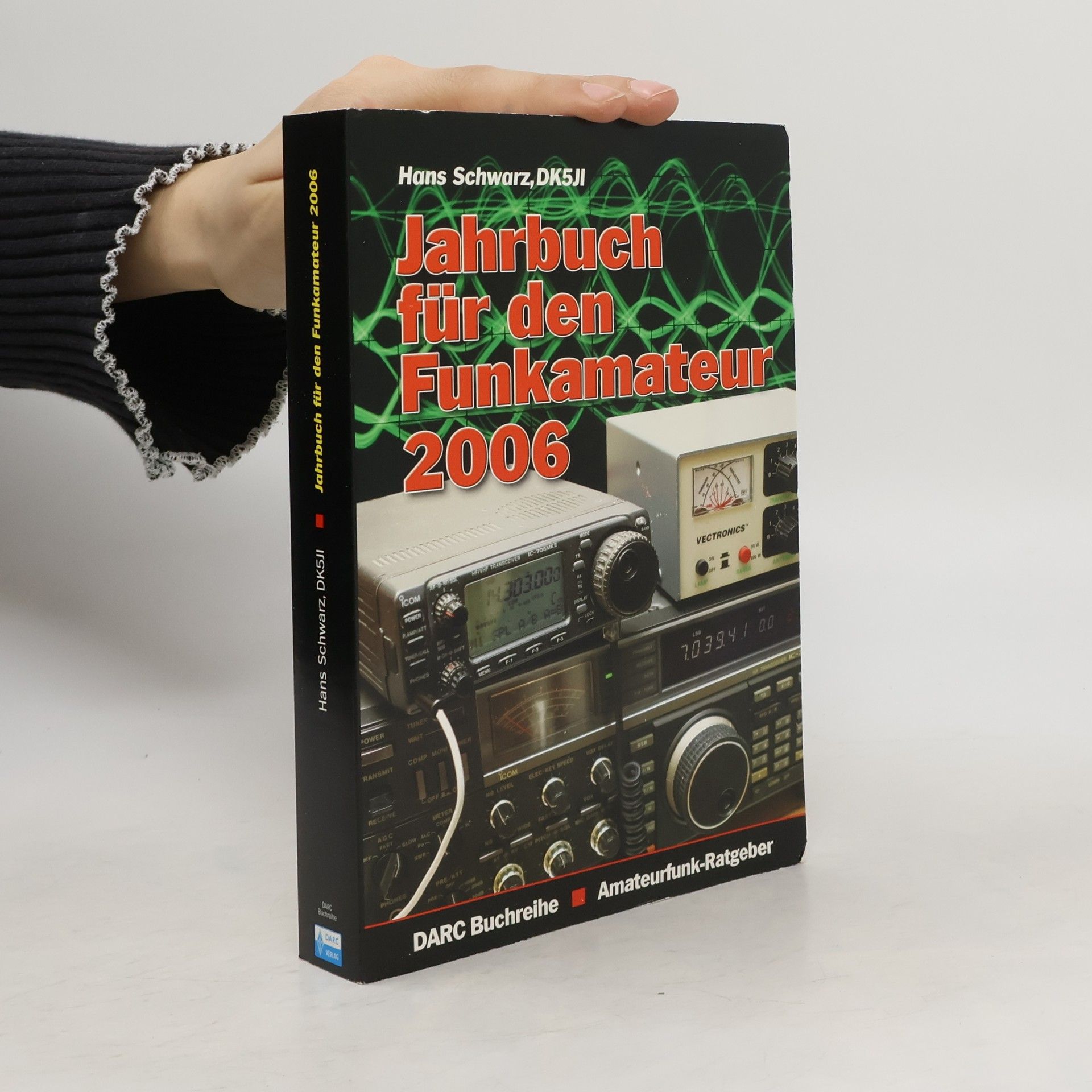Exploring Martin Luther's profound impact, this book delves into his theology, teachings, and broader significance beyond Protestantism. It highlights his revolutionary translation of the Bible, which transformed publishing and language, and his contributions to education and the sciences. The author, Hans Schwarz, reveals how Luther shaped social conscience and influenced the Catholic Church's renewal. This compelling account serves to enlighten both contemporary Lutherans and the general public about Luther's lasting legacy in the modern world.
Hans Rudolf Schwarz Books
Hans Schwarz is professor of systematic theology and contemporary theological issues at the University of Regensburg in Germany. He is the author or editor of over fifty books. His work delves into current theological topics, offering profound insights into systematic theology. He previously taught at Trinity Lutheran Seminary in Ohio.






The book explores the intricate interplay of Christian theology over the past two centuries, highlighting key figures from Kant to contemporary theologians like Mbiti and Zizioulas. Hans Schwarz examines the connections between theology and biography, emphasizing the influence of European, American, Catholic, and Orthodox traditions, while also incorporating liberation, feminist, and global perspectives. Rich primary source quotations from notable theologians enhance the narrative, making it a vital resource for anyone seeking to understand the evolution of theology in a global context.
The Future of the Church
- 204 pages
- 8 hours of reading
The book explores the challenges facing the church in North America and Europe, highlighting issues such as scandals, loss of trust, and the influence of secularism and consumerism on younger generations. Despite these obstacles, it argues for the church's unique role in providing essential spiritual guidance and community. The text emphasizes the importance of law, gospel, and sacraments, positioning the church as a vital institution for self-understanding and continuity. It concludes with suggestions for revitalizing the church's relevance in contemporary society.
Vying for Truth – Theology and the Natural Sciences
From the 17th Century to the Present
- 236 pages
- 9 hours of reading
The emancipation of the natural sciences from religion was a gradual affair during the last four centuries. Initially many of the leading scientists were churchmen indicating a symbiosis between faith and reason. Due to the increasing specialization in the sciences this close connection came to an end often leading to antagonism and mutual suspicion. This book traces this historical development with its twists and turns in both Europe and North America. It depicts the major players in this story and outlines their specific contributions. The main focus is on the 19th and 20th centuries with figures such as Darwin and Hodge, but also Beecher and Abbott in the 19th century. In the 20th century the narrative starts with Karl Barth and moves all the way to Hawking and Tipler. Special attention is given to representatives from North America, Great Britain, and Germany. In conclusion important issues are presented in the present-day dialogue between theology and the natural sciences. The issue of design and fine-tuning is picked up, and advances in brain research. Finally technological issues are assessed and the status of medicine as a helpmate for life is discussed. An informative and thought-provoking book.
Schwarz offers a sweeping survey of views of the problem of evil, beginning with the world's major religious traditions before focusing on the major views across the broad span of Christian history. --Book cover.
Numerische Mathematik
- 573 pages
- 21 hours of reading
Anschaulich und gründlich vermittelt dieses Buch die Grundlagen der Numerik. Die Darstellung des Stoffes ist algorithmisch ausgerichtet. Zur Begründung einer numerischen Methode werden zuerst die theoretischen Grundlagen vermittelt. Anschließend wird das Verfahren so formuliert, dass seine Realisierung als Rechenprogramm einfach ist. Auf der Homepage zum Buch finden Sie zahlreiche Programm-Masken, die die Lösung von Basisproblemen der Numerik ermöglichen.
Der Schlaf ist die längste Fettverbrennungsphase am Tag. Lernen Sie, diese effektiv für sich zu nutzen. Entscheidend ist, den Körper morgens, mittags und abends jeweils mit dem richtigen Nährstoff-Mix zu versorgen, damit er das bekommt, was er gemäß seinem Biorhythmus optimal verwerten kann. Am Tag sind vor allem Kohlenhydrate als Energiequelle wichtig, um leistungsfähig zu sein. Die Nacht nutzt der Körper zur Erholung und für Reparaturen - eine eiweißreiche Mahlzeit sorgt dafür, dass die Energie dafür aus den Fettzellen kommt. Wer also das Richtige zum richtigen Zeitpunkt isst, macht bald nicht nur im Traum eine gute Figur! Das Buch erklärt, wie man den Einfluss des „Dickmacherhormons“ Insulin hemmt und die Schlankmacher-Hormone gezielt aktiviert. Interessante Vorgänge, die sich Tag für Tag im Körper abspielen, werden veranschaulicht. Sattmacher-Rezepte werden ideal kombiniert mit Kraft- und Ausdauertraining für optimale Fettverbrennung.



